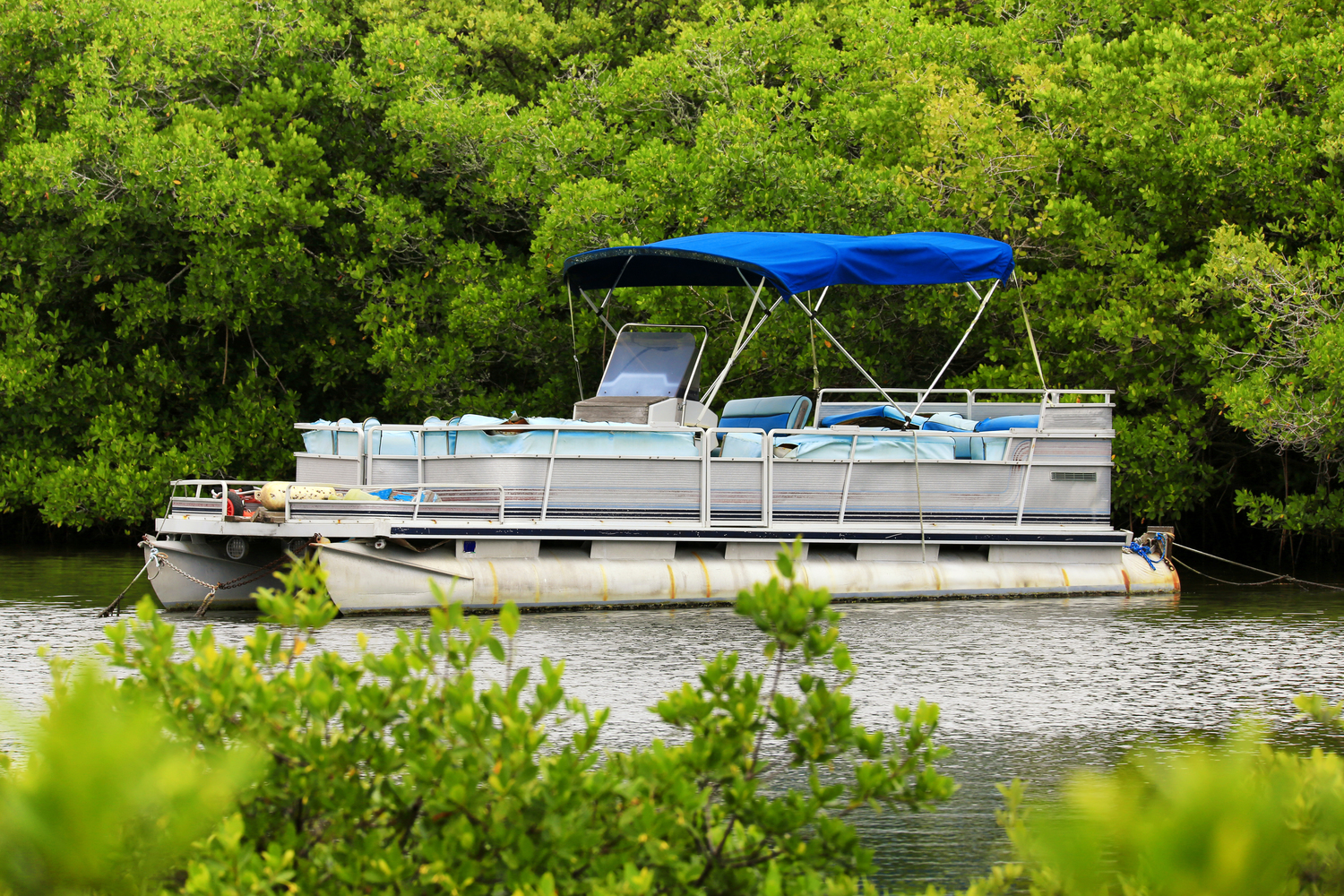
Key Things to Consider When Buying a Boat
The vast open water, the beautiful coastlines, and the life on the open water are all part of what makes boating or yachting an incredible experience. However, if you’re thinking about buying a boat, there are several key things to consider before purchasing. Be sure to factor in added expenses of boat ownership—such as boat maintenance costs, gasoline costs, docking, insurance rates, and winter storage space:
1. Boating insurance costs
Before purchasing your boat, check the insurance rates. Boat insurance is much like auto insurance—in that it protects against theft and damages—but the coverage is often more on boats because they’re more expensive to replace compared to a car. Even if your yacht insurance policy doesn’t cover all of the costs, you can still save money by purchasing the highest coverage you can afford in case of an unforeseen collision or weather event that damages your watercraft.
2. Winter storage
This is a major factor in buying a boat. If you live in a region with cold winters and don’t have access to shorelines all year long, you’ll need to find a space where you can securely store your boat during winter where it won’t get damaged or destroyed. Many people opt for keeping their boats at marinas or boatyards during winter months; however, this can be expensive because of ongoing maintenance fees and the cost of maintaining docks connected to power sources.
3. Maintenance costs
The first thing to consider when buying a boat is how much maintenance will be required. There are two types of boats: powerboats and sailboats. Powerboats require less work, as they run on gas or diesel, but they have moving mechanical parts that can break down over time. Sailboats need more maintenance, as their sails are being used for propulsion. But on the plus side, sailboats don’t have any gas or oil to worry about when going out onto the water; the wind powers them.
4. Gasoline costs
Gas is expensive, especially when you’re looking at buying a boat that will be used on the water almost exclusively. But how much does this factor into your purchase decision? Boats need fuel to run—especially larger boats with bigger motors—so you’ll often need to refuel before heading out onto the water again. And while you can refuel your boat at a dock, it’s more convenient to have a fuel source (gas can) on board and be able to fill it up as needed.
5. Dry docking
Whether you have a powerboat or a sailboat, you’ll need dry docking time. Boats must be cleaned, painted, and otherwise maintained to keep them in good condition. Not all boats require the same amount of time: smaller boats are less costly and may only need a few months between cleaning, while larger boats may need years.
When it comes to buying a boat, you need to compare and contrast the different costs and features of various boats on the market. You will also want to consider your needs within each category. For instance, if you are looking for a fishing boat or a river boat, you may have different requirements than someone who is looking for an ocean cruising motor yacht.


